Fallen Heroes Of The Kokernag Operation: Sacrifice, Valor, And Unyielding Resolve
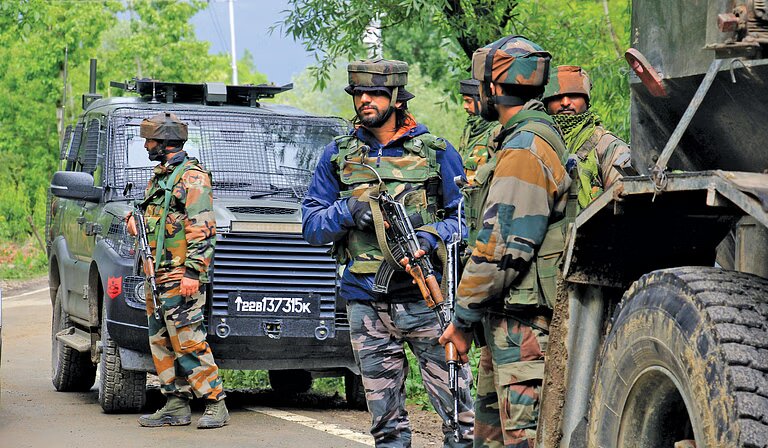
- The senior officer would have felt the seriousness of the situation and moved to help his team because he knew terrorists and a firefight could happen.
- "Night operations in a dense forest are full of challenges," said a veteran of the Indian Army.
The Bravehearts, Colonel Manpreet Singh, who was in charge of the 19 Rashtriya Rifles, Maj. Aashish Dhonchak, who was in charge of the Kokernag Company, and Deputy SP Humanyu Muzamil Bhat, who worked for the J&K Police in the Anantnag District, were all killed in action on Thursday, September 13, 2023.
During a fierce gunfight, a Commanding Officer, a Major from the Indian Army, and a police officer were killed. This was a huge blow to the security forces in Kashmir. This terrible thing happened in the middle of the night between Tuesday and Wednesday, when police and Army members worked together in Garol village, which is in the Kokernag area of the Anantnag district in south Kashmir. This operation was started because there was specific information that terrorists were in the area.
As the security forces moved toward Garol, they were met with heavy gunfire from rebels hiding in the thick forest foliage. During the first round of shooting, 19 Rashtriya Rifles Commanding Officer Manpreet Singh was killed on the spot. Major Ashish Dhonack and Deputy Superintendent of Police Humayun Bhat were both shot multiple times and died from their wounds despite attempts to save them.
Because of how bad the situation was, the bodies of the dead cops had to be taken away by helicopter. CO Manpreet Singh was from the Ropar area of Punjab, and Humayun Bhat was from the Tral sub-district of south Kashmir. Ghulam Hassan Bhat, Bhat’s father, had been a deputy inspector general for the J&K police until 2018.
Over the past few years, security forces in Kashmir have done a lot of work to corner terrorists, which has led to the deaths of hundreds of them. But these militants changed their strategy and moved their bases to the Poonch-Rajouri axis in Jammu province, where they killed several army troops in a surprise attack. The Kokernag attack is a big step up for terrorists in Kashmir. It shows that they control a huge area of woods that stretches from Poonch and Rajouri to south Kashmir.
Sad to say, this is not a unique event. Almost a dozen Commanding Officers have died in similar battles over the last 30 years of insurgency in Jammu and Kashmir. This attack was blamed on the banned Resistance Front, which is thought to be a shadow group of Lashkar-e-Taiba (LeT).
The action against the terrorists began in the Gadole area on Tuesday night, but it was put on hold for the night. It started up again in the morning when there were rumors that the terrorists had been seen at a hiding place. Colonel Singh and his team attacked the attackers from the front, which seriously hurt him.
This terrible event is a sad reminder of the ongoing problems and risks that security forces in the area face. It shows how important it is to stay alert and work hard to keep peace and safety in Kashmir.
An Army Veteran Talks about the Operations with Financial Express Online:
Lt Col Manoj Kumar Channan says:
Death comes soon or late to every person on this planet. And how can a person die better than facing scary odds for the ashes of his family and the temples of his gods?
About 19 Rashtriya Rifles
“The name ’19 Rashtriya Rifles’ is not new in the fight against terrorism. As part of their heritage, they killed Burhan Wani in 2016, which shows how hard they worked to fight terror. Lt. Col. Channan says, “Their actions are written in the sands of time, showing their unwavering dedication to the country.”
Many people might think about this question. Why were important and responsible people like the commanding officer, the company leader, and the police officer taken out of the picture?
“Their deaths have left a hole that can’t be filled, but it is thought that the company leader had specific information about extremists in the Kokernag area. He acted on it quickly and decisively by telling his commanding officer and moving quickly to make touch,” he says.
He said, “In the uncertain environment of a covert operation, every choice and action is a risk that is weighed and chosen. The senior officer would have felt the seriousness of the situation and moved to help his team because he knew terrorists and a firefight could happen.
Night Operations
“Night operations in a dense forest are full of challenges,” said a veteran of the Indian Army. Visibility becomes an enemy, and often those hiding in the shadows are the ones who can catch you off guard. It’s important to know that the Rashtriya Rifles go through tough training at the Counter Terror school in Khrew before they are sent to high-risk areas. This institution, which is run by the Headquarters 15 Corps, teaches them about the unique ways that terrorists in the area operate. Here, troops get better at using their weapons, making strategic moves, and predicting possible threats like IEDs.
Reality on the ground
“Even with all this planning, there will always be rumors that question the method and wonder if there were mistakes or deviations from the plan. But only people who have been there can really understand what it’s like on the ground and how quick choices are made during active combat. “There may be rumors, but the truth is often found in those who went against the odds,” he says.
Adding, “It’s important to stress that these operations are complicated, hard to plan, and have no set deadlines. Every situation is different, and every choice the officer makes shows how smart and well-trained he or she is.”
“When we think about what they did for us, it’s not just to honor them, but also to understand how much they cared. They went down dangerous roads, following in the footsteps of their forebears and the traditions of the Indian Army. Their deeds show what it means to serve with courage and honor.
As voters, we have more to do than just sit around and feel sad. We are the ones who keep their memories alive, and it is our sacred duty to make sure that their sacrifices are recognized and honored. Lt. Col. Channan says, “By honoring their values, faith, and memories, we keep their spirit alive for future generations and make sure that their legacies will not be lost over time.”

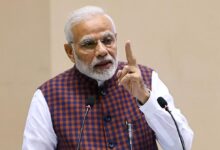
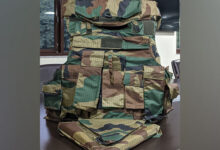
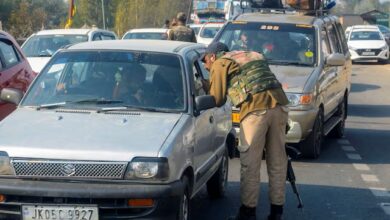
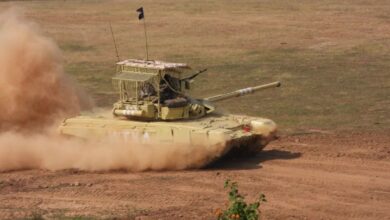
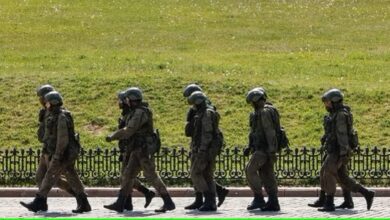
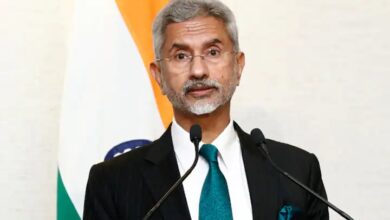
Facebook Comments